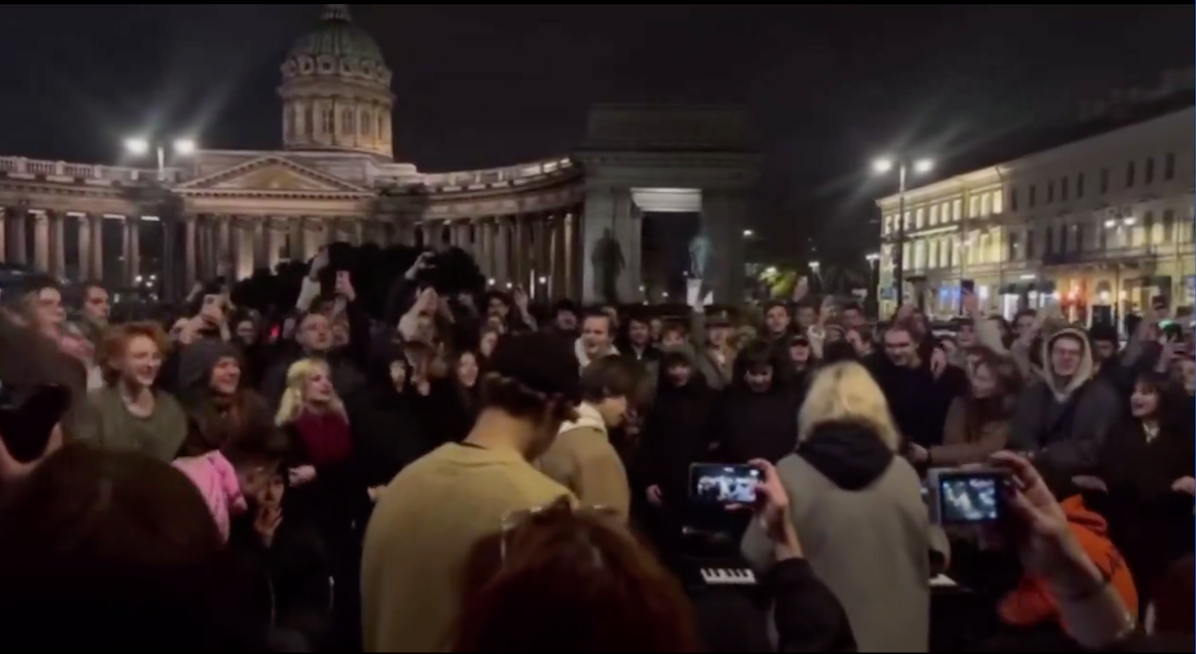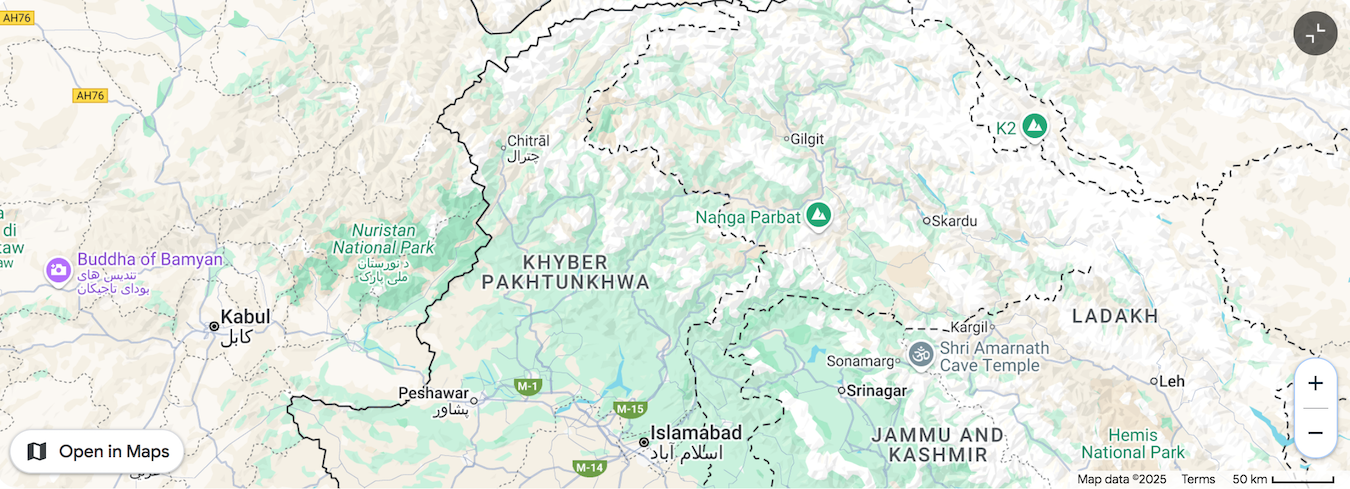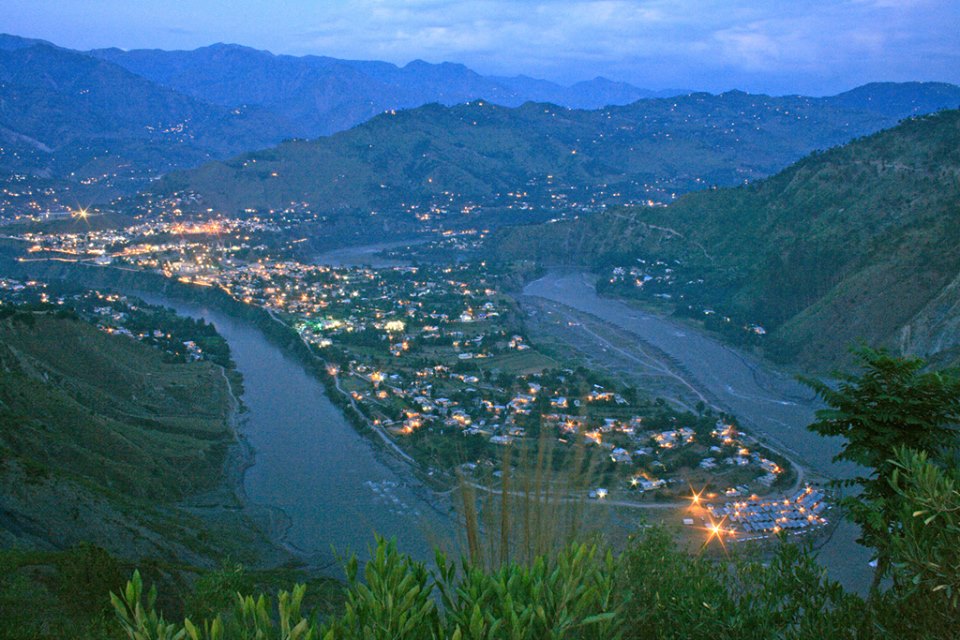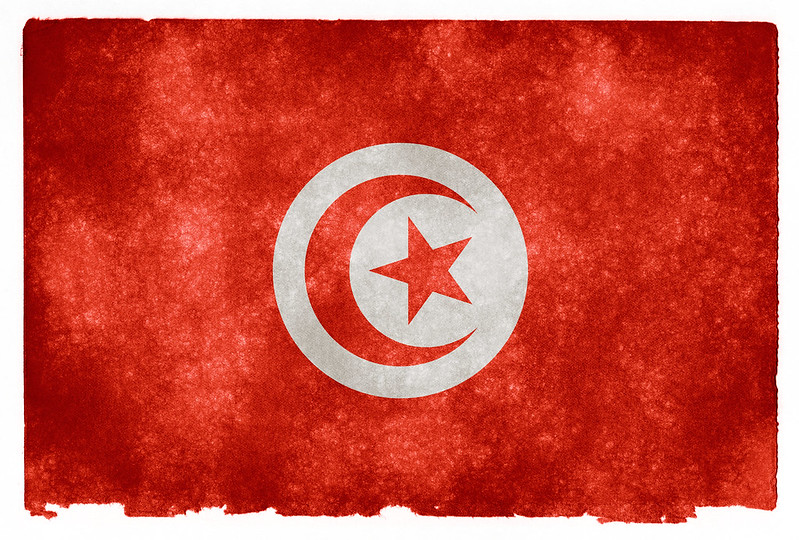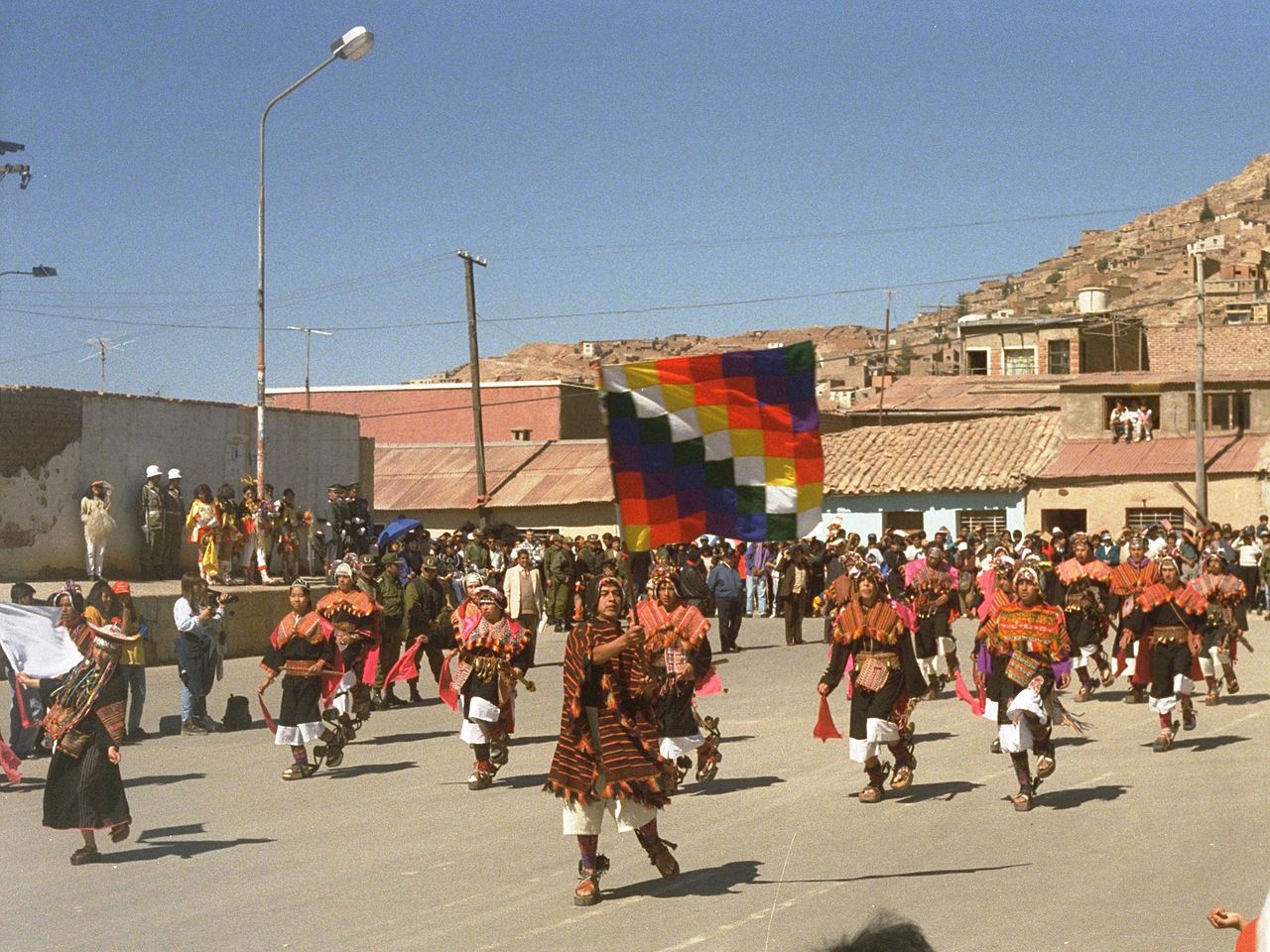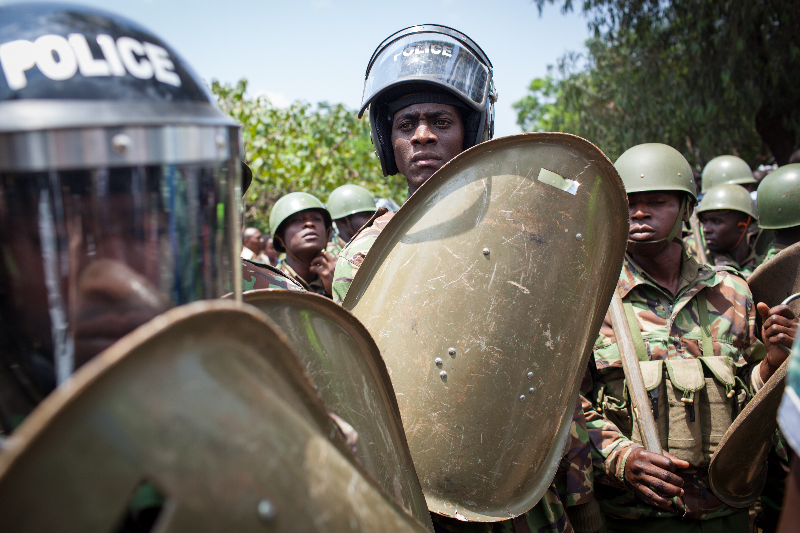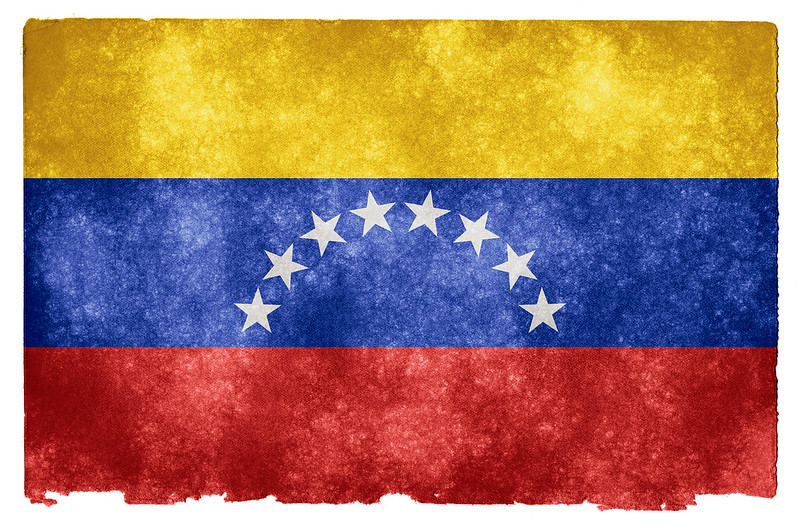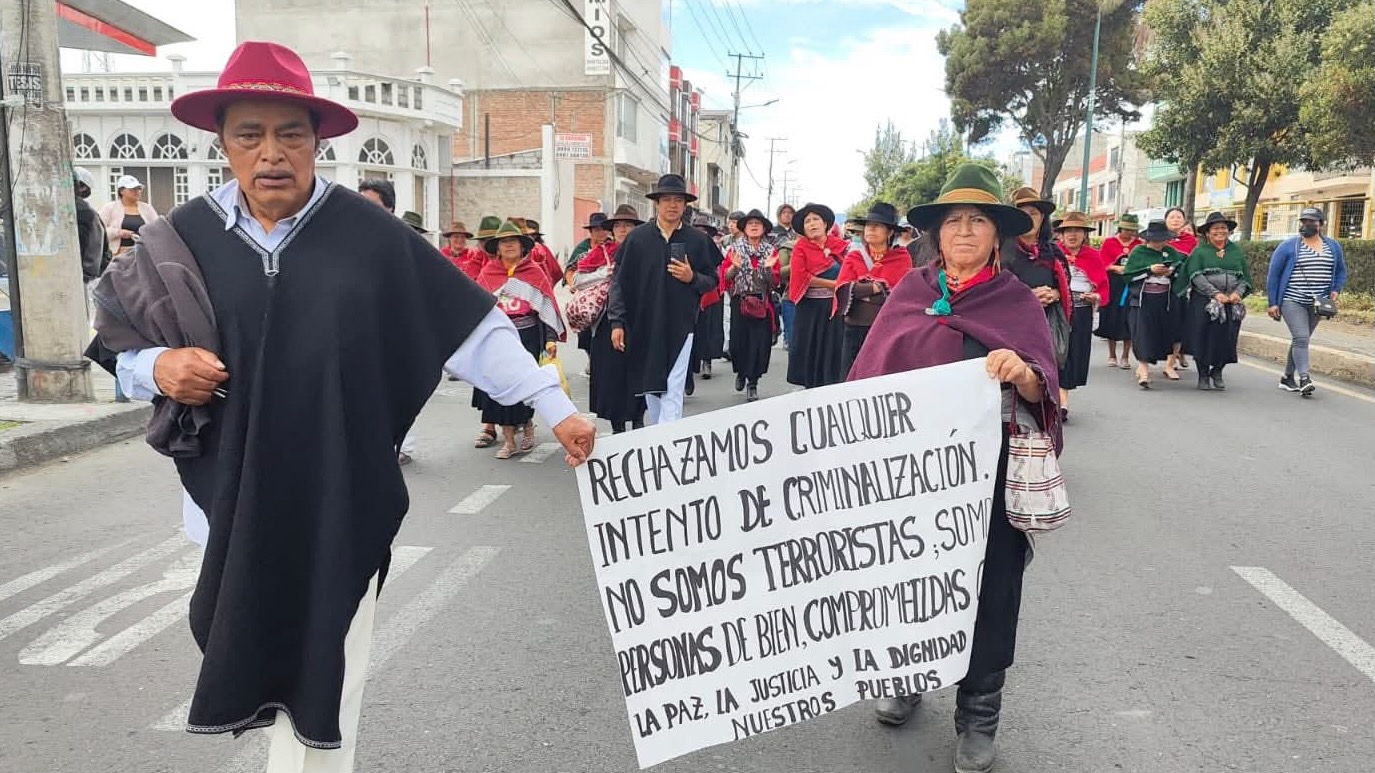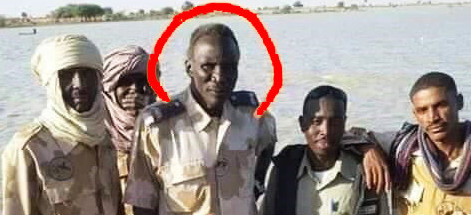
Côte d’Ivoire elections in atmosphere of repression
Amnesty International called on Côte d’Ivoire authorities to end the repression of peaceful protests ahead of the upcoming presidential elections, following the dispersal of a demonstration by security forces in Abidjan and the arrest of 255 individuals. The Ivorian government’s ban on peaceful assemblies is part of a broader set of measures announced by the National Security Council ahead of the elections later this month. Protesters have repeatedly attempted to defy the ban after the Electoral Commission barred two opposition candidates from running in the race. (Image: David Peterson/Pixabay)



